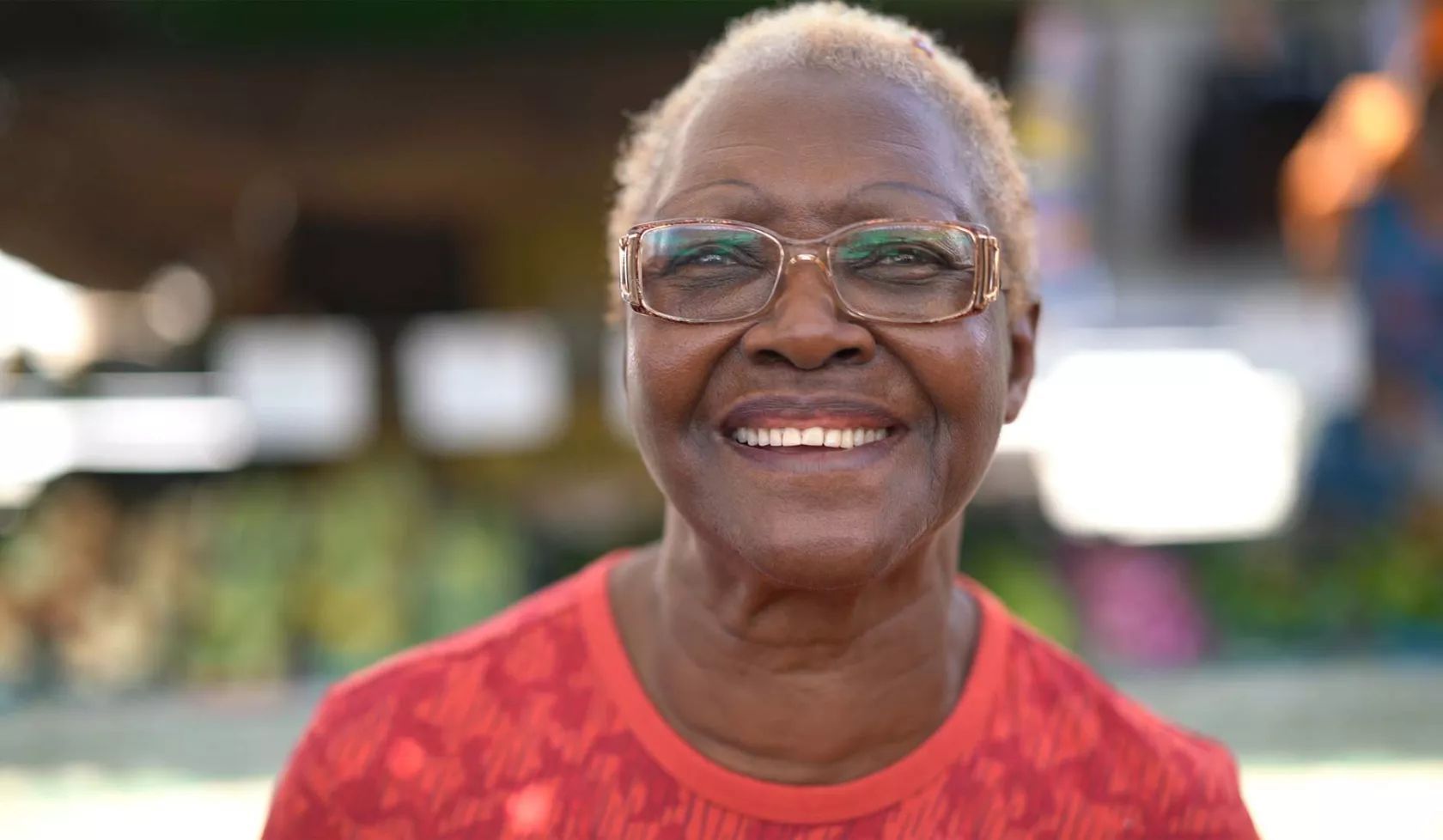Study: Black Patients Have Lower Access to Newer, Safer Heart Surgeries
Scientists present concrete evidence that Black people don't have the same level of access as their white counterparts to minimally invasive cardiac procedures.
Doctors from the University of Rochester Medical Center in New York announced the "troubling" results of a recent patient study that followed nearly 104,000 heart surgery subjects across 1,085 hospitals.
In short, their analysis, published in the journal JAMA Network Open, offered concrete evidence that Black people don't have the same level of access to newer, safer, and minimally invasive cardiac surgeries compared to their white counterparts.
They had 35% lower odds of getting such procedures.
"Minimally invasive surgeries set patients up for the best outcomes," study co-author Peter W. Knight, a distinguished professor of cardiac surgery who spearheaded the adoption of minimally invasive procedures at URMC, said in a statement. "That is why the inequities we found in this study are troubling."
This means Black people are more likely to get traditional heart procedures instead of cutting-edge ones, but those traditional procedures usually involve opening the chest cavity, pose a substantial threat of complications, and present long recovery times during which even more complications can arise.
Therefore, the study also concluded that Black patients ultimately have a 62% higher chance than white patients of dying or experiencing major complications due to their heart condition.
To be clear, when talking about Black and white individuals, the study considered only non-Hispanic subjects. (The team found Hispanic patients were not less likely to get minimally invasive heart surgery but still had somewhat higher odds of major post-surgical complications, including death, compared with white individuals).
Another important caveat is that Black people have worse overall cardiovascular health than non-Hispanic white people, the study notes, because of historical social and structural injustices in the US.
Economic inequality meets medical inequality
In their paper, Glance and fellow researchers also consider why their revealed racial injustice in health care might exist.
For one, they found that Black patients were more likely to seek treatment at underresourced hospitals and to be tended to by less experienced surgeons. People living in Black communities were also shown to have 31-fold higher odds of being treated at hospitals that serve a high proportion of specifically Black patients, underscoring that hospitals are still quite segregated.
Together, these elements led to one of the team's proposed solutions: that the Centers for Medicare and Medicaid Services should urge health care programs to stop imposing financial penalties on hospitals that serve the greatest number of vulnerable communities.
Second, the team says Black patients were more likely to have Medicaid insurance, in reference to the US' public health insurance program, administered by states, for people with low incomes.
"Reducing uninsurance is important, but a big chunk of healthcare reform has been Medicaid expansion," Glance said. "In theory, increasing the number of people who have insurance should increase access to these procedures, but in this study, we found that just getting people insurance wasn't enough. The type of insurance also mattered."
A paper from last year that focused on US health care, for example, suggested providers run into more obstacles when trying to bill Medicaid than they do with other insurers.
Adding to a wealth of research on the topic, the authors of that study believe such administrative hurdles at least partially explain why Medicaid patients have a hard time getting the same high-quality care as patients with Medicare -- federally backed health insurance in the US for people 65 and older -- or private coverage.
This isn't to say Medicaid is bad
Despite Glance's study finding a correlation between type of insurance and access to minimally invasive heart procedures, the value of Medicaid itself is more nuanced than it might seem.
Many crucial variables are at play regarding who has Medicaid, Medicare, or private insurance. People with private insurance, for instance, tend to be wealthier and healthier than people with Medicaid, meaning health outcome inequities are likely based on much more than just who has which insurance.
"Of note," Wednesday's study authors said, "even among patients with commercial or Medicare insurance, non-Hispanic Black individuals were still less likely to undergo minimally invasive surgery than non-Hispanic White individuals."
Plus, at the end of the day, low-income families should have some health insurance than none. Medicaid is often the only option for some households. As of August, it provided for more than 90 million people.
For the purest results on Medicaid value, a massive randomized trial would need to be conducted. To that end, the authors of the recent study say the further investigation into their proposed reasons for cardiac surgery inequities is required, but think this is a solid start to solving the problem.
Credit Monisha Ravisetti & Dr. Laurent G. Glance, Study: Black Patients Have Lower Access to Newer, Safer Heart Surgeries, https://www.cnet.com/science/biology/study-black-patients-have-lower-access-to-newer-safer-heart-surgeries/
















